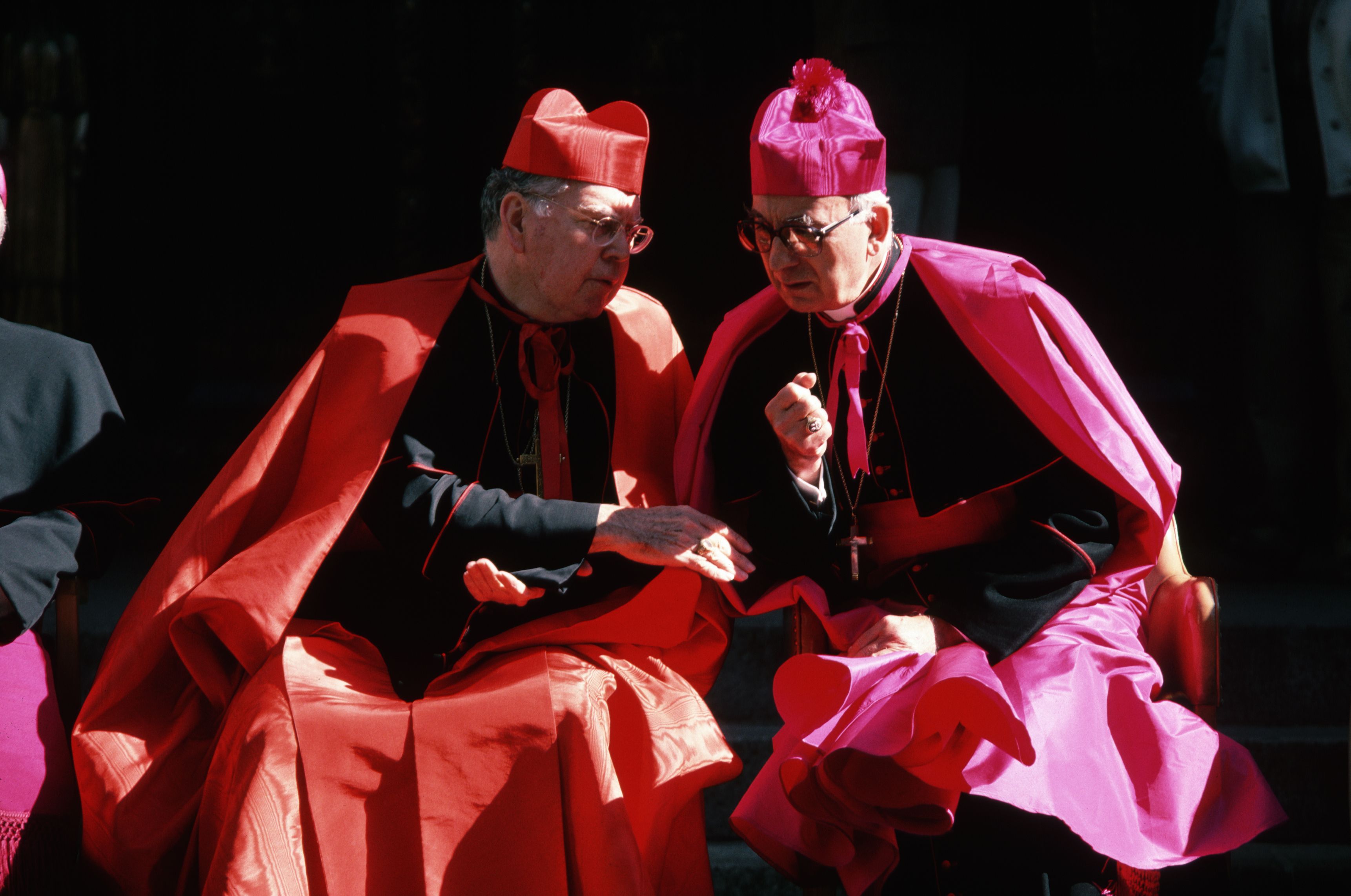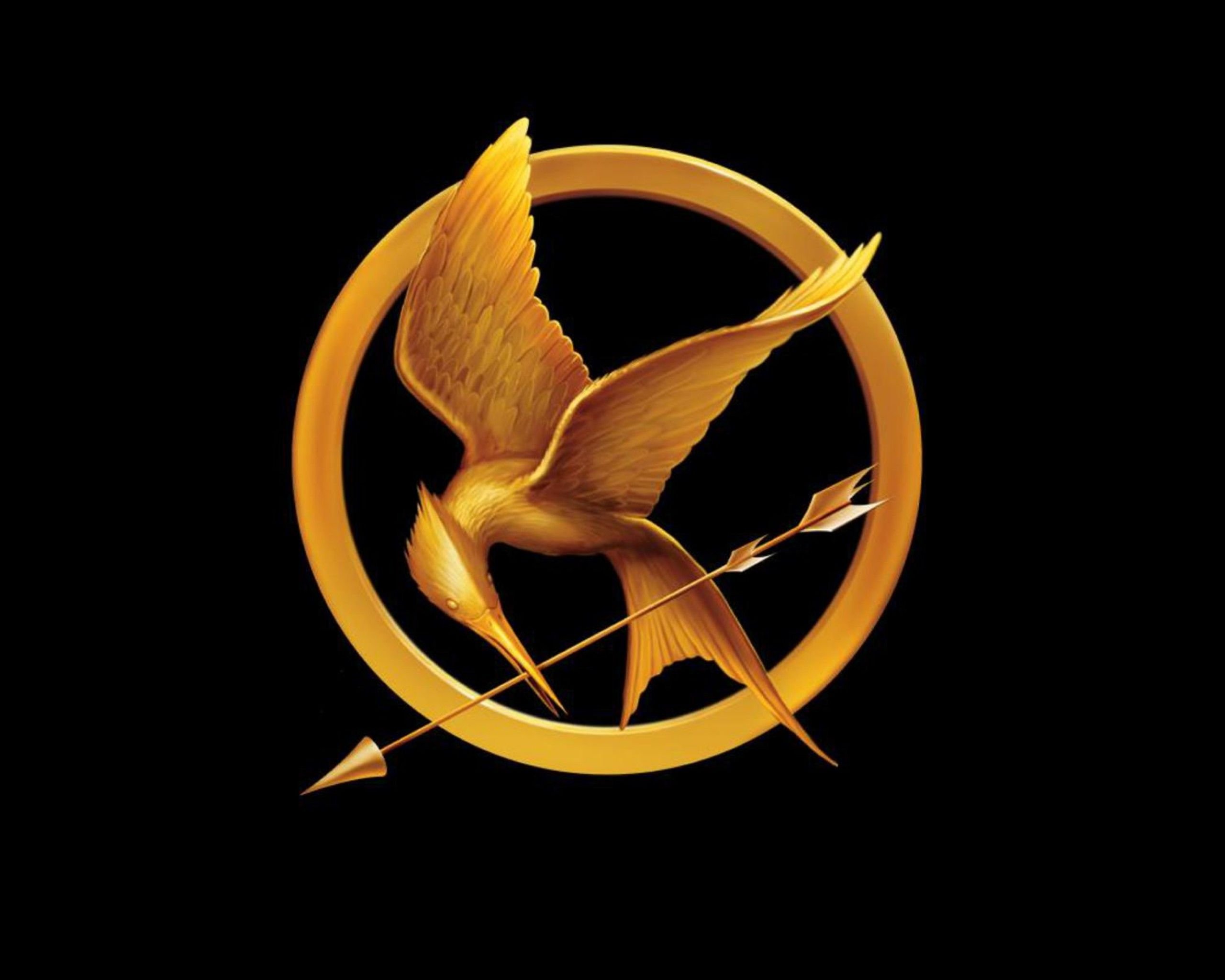The event throws into question the perceived heightened accuracy of betting markets like Poymarket over conventional polls.
The article doesn’t really state what your short summary states.
The reason Polymarket bettors got the papal conclave result so wrong is that the event is extremely hard to predict, Domer, one of Polymarket’s top pseudonymous bettors, said on X.
“It’s like walking into a store that doesn’t communicate with the outside world,” he said. “Not even the participants themselves would probably know how to handicap it.”
Choosing a new pope isn’t an open process, so there’s very little information to go off of. Something like an election has a lot of public information, so those betting odds are more likely to represent the actual odds in the election.
I really don’t think there’s much to learn here, other than that choosing a new pope is chaotic and the process isn’t very open.
He’s completely missing that betting on something like the pope isn’t like a random or skill based outcome. The cardinals could literally choose to pick based on the betting markets or even to profit from them if they really wanted to. Polymarket is smooth brain degeneracy for many, many reasons, but this is smooth brain degeneracy turned up to 11.
In situations like this it may make sense to just bet on all the underdogs. The market is highly overconfident in its information, you think the market’s information is crap, so you just bet against the market by taking the underdogs.
I just think it’s foolhardy to bet at all. There’s not enough information to make an informed decision, and even if you think you’ll have better average odds by betting on the underdogs, this is a very rare event so you don’t have the time to make it back up in averages.
I think this is a fundamentally different way of thinking that we have. The way to win at betting is to have a better distribution than the other guy. You don’t need to have high confidence about any particular outcome, you just need to recognize when the distribution of odds differ from the true odds. Strong favorites in a low information environment indicate a chance to make good money. Sure, any given low information environment, like a papal conclave, may occur infrequently, and you could lose money on any one event, as is the nature of betting, but if you can recognize when the market is likely to be wrong you can extract money from it. Really, that is the only way to extract money from it.
Yeah, here’s how I think about it.
Let’s assume there are 10 candidates with a 1% chance to win each, and 9 candidates with a 10% chance to win each, as given by betting odds. Let’s also assume the odds are off by 2x for those bottom 10 candidates, and 1.1% point for the top 9.
The smart move is to bet on the bottom 10 candidates because your expected return is much higher than expected.
However, you still have an 80% chance of failure. That’s fine if you have enough instances to bet on, but you have maybe two or three in a lifetime. That’s not a high likelihood of winning long term, not to mention that most of your bets will fail even if you win once.
But that’s me thinking from an investing perspective since I’m not a gambler.
I think the idea is that there are other events with similar risk profiles, the papal election is just an example of one.
Could you give a few examples? The papal election seems very unique.
deleted by creator
When you can’t manipulate the outcome, you’re almost guaranteed to lose.
Imagine being such a degenerate that you bet on the Pope.
“Bettors lose”… Bookies win.
Is this news?
There are no bookies on polymarket.
deleted by creator
The Orange turd final age bet I’d still on. Same for the exact time putin’s skull encompasses twice it’s current volume.









